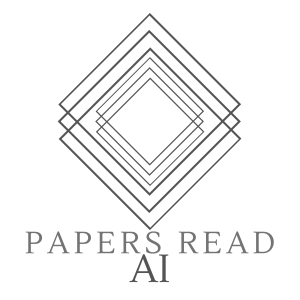
Retrieval Augmented Generation (RAG) enhances the abilities of Large Language Models (LLMs) by enabling the retrieval of documents into the LLM context to provide more accurate and relevant responses. Existing RAG solutions do not focus on queries that may require fetching multiple documents with substantially different contents. Such queries occur frequently, but are challenging because the embeddings of these documents may be distant in the embedding space, making it hard to retrieve them all. This paper introduces Multi-Head RAG (MRAG), a novel scheme designed to address this gap with a simple yet powerful idea: leveraging activations of Transformer's multi-head attention layer, instead of the decoder layer, as keys for fetching multi-aspect documents. The driving motivation is that different attention heads can learn to capture different data aspects. Harnessing the corresponding activations results in embeddings that represent various facets of data items and queries, improving the retrieval accuracy for complex queries. We provide an evaluation methodology and metrics, synthetic datasets, and real-world use cases to demonstrate MRAG's effectiveness, showing improvements of up to 20% in relevance over standard RAG baselines. MRAG can be seamlessly integrated with existing RAG frameworks and benchmarking tools like RAGAS as well as different classes of data stores.
2024: Maciej Besta, Aleš Kubíček, Roman Niggli, Robert Gerstenberger, Lucas Weitzendorf, Mingyuan Chi, Patrick Iff, Joanna Gajda, Piotr Nyczyk, Jurgen Muller, H. Niewiadomski, Marcin Chrapek, Michal Podstawski, Torsten Hoefler
https://arxiv.org/pdf/2406.05085
No comments yet. Be the first to say something!